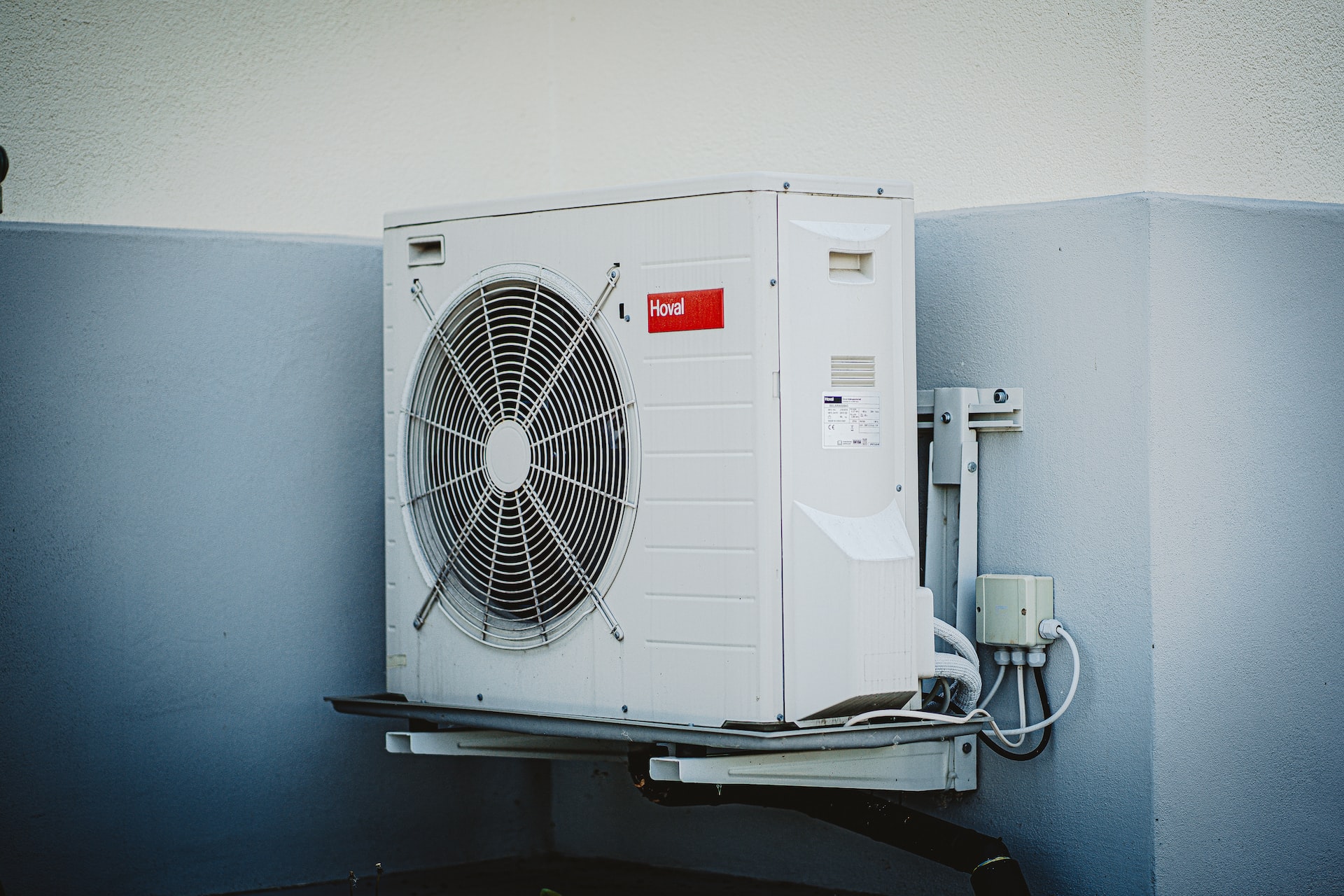When shopping for an air conditioner, there are several factors to consider. The unit size is a primary factor, as the model you purchase should be large enough to adequately cool your space without wasting energy and money on over-conditioning. You'll want to consider both square footage and ceiling height when sizing an air conditioner.
In addition to size, it's essential to look into the type and features of air conditioners available. Window units can be difficult to install depending on their size, while central systems require more complex installation with ductwork involved. Portable ACs are generally easier to install but may not provide adequate cooling for larger areas or those with higher ceilings.
The Energy Star rating is also an essential factor to consider when choosing an air conditioner. The higher the energy rating, the more energy efficient the unit is and the lower your utility bills should be. Additionally, look for models that offer adjustable fan speed settings for more control over your home's air temperature and humidity levels.
Finally, it's worth considering additional features like those offered by WiFi-compatible ACs, which allow you to control your unit from your smartphone or voice assistant even when away from home. Research any warranties or manufacturer-specific guarantees that come with a particular product before making a purchase.
By considering the size, type, and features of an air conditioner, its Energy Star rating, and available warranties or guarantees, you can ensure that you're purchasing the suitable model for your home. Doing so will also help save energy, money, and frustration in the long run.
When selecting an air conditioner, it's essential to keep your budget in mind. Many of the most efficient air conditioning units tend to be more expensive than their less efficient counterparts, but they often reap more significant savings in energy consumption over time. By carefully researching available models and understanding which features come with each unit, you can find a quality AC that meets both your cooling needs and budget requirements.
Finally, contact a professional HVAC technician if you need clarification on any aspect of installation or maintenance regarding an air conditioner. A technician can provide further advice and help ensure your AC is installed correctly, maximizing the unit's life.
How to choose the best AC contractor
When looking for an AC contractor, it's important to research to ensure you're getting the best service and quality. Start by getting references from friends or family who have recently hired a contractor and researching online reviews. Make sure to read both positive and negative reviews to get an accurate idea of the contractor's reputation and performance.
Check the Better Business Bureau website for any complaints filed against the contractor before making a final decision. Additionally, ask potential contractors whether they are licensed, insured, and bonded in your state, which will offer protection against any unexpected damages or other issues that may arise during or after installation.
You'll also want to ensure the contractor is experienced with AC installation and repair so you can get the most out of your unit for years to come. Ask about their experience level, qualifications, and certifications related to air conditioners before selecting. It's also worth asking any questions you may have about installation processes or warranties when speaking with potential contractors.
Finally, compare estimates from multiple contractors before making your choice. While cost should not be the only factor considered when selecting an AC contractor, it's essential to ensure that you get a fair deal based on industry standards. Feel free to negotiate if necessary; many contractors will work within your budget if given realistic expectations and parameters.
By doing research and comparison shopping, you can find the best AC contractor for your needs while avoiding unnecessary costs or repairs in the future. To ensure peace of mind after hiring a professional, check credentials first and obtain written contracts before beginning any repair or installation work on your air conditioner system. For more information on reliable AC contractors, go to meadowair.com.
What are the alternatives to AC?
While air conditioners are the most popular way to cool homes, several alternatives may be more suitable for specific environments or lifestyles. Ceiling fans, for example, can help circulate air throughout a room and create a cooling effect in warm weather.
Evaporative coolers (also known as "swamp coolers") use water to create a cooling sensation by drawing in outside air and pushing it through dampened pads. These systems can reduce temperatures by up to 30 degrees Fahrenheit in dry areas; however, they become less effective when humidity levels rise.
Lastly, window-mounted air conditioning units are ideal if space is limited since they take up minimal room area while still providing adequate cooling. These units are also easier to install compared to central AC systems.
Conclusion
Buying an air conditioner is a challenging task. With the proper research and preparation, however, you can make a cost-effective decision that meets both your cooling needs and budget requirements. Be sure to compare models carefully before making a purchase, and contact a professional HVAC technician if necessary for installation or repair work. Finally, researching alternatives such as ceiling fans or window-mounted AC units may offer more suitable solutions depending on specific circumstances. Considering these steps, you can ensure a successful purchase and proper maintenance of your new air conditioner.
